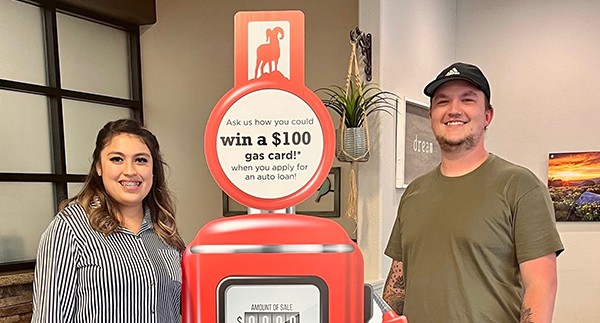Each month, you settle down to pay bills. You pay your mortgage lender. You pay the electric company. You pay the trash collector. But do you pay yourself? One of the most-basic tenets of sound investing involves the simple habit of “paying yourself first” – in other words, making your first payment of each month a deposit into your savings account.
The saving patterns of Americans vary widely. And too often, short-term economic trends can interrupt long-term savings programs. For example, the U.S. Personal Savings Rate jumped from 3.5% to nearly 8% in May 2008 during the housing and banking crisis. It then rose and fell sporadically as the economic environment appeared to stabilize.1 It peaked in December 2012 at 12%.1 As of 2019, the average rate has ranged between approximately 8% to 9%.1
The Genius of Pay Yourself First
Anyone who’s ever managed their own finances knows that saving can be a challenge. There seems to be an endless stream of expenses that demand a piece of each month’s paycheck. Herein lies the genius of paying yourself first: you get the cream at the top of the bucket, and not the leftovers at the bottom.
The trick is to prioritize. Make it a point to put your future first. At first, saving may mean a small lifestyle change. But most individuals want to see their net worth increase steadily. For them, finding ways to save becomes more of a long-term commitment than a short-term challenge.
Tax time can provide an excellent opportunity. You have a chance to give your household budget a thorough checkup. In taking control of your money, you may find you are able to devote more of it to the pursuit of your financial goals.
Putting Your Money To Work
What will you do with the money you save?
If retirement is your priority, consider taking advantage of tax-advantaged investments. Employer-sponsored retirement plans, such as 401(k)s, can be a great way to save because the money comes out of your paycheck before you even see it. Also, as an added incentive, some employers offer to match a percentage of your contributions.2
For money you may want to access before retirement, consider placing the funds in a separate account. When the balance hits your target, you may want to move the money into investments that offer the potential for higher returns. Of course, this may mean exposing your money to more volatility, so you’ll want to choose vehicles that fit your risk tolerance, time horizon, and long-term goals.
In the pursuit of growing wealth, sound habits can be your most valuable asset. Develop the habit of “paying yourself first” today. The sooner you begin, the more potential your savings may have to grow.
Sincerely,
Steve Lindquist

Steve Lindquist
[email protected]
Financial Consultant
295 Los Altos Parkway, Suite 105
Sparks, NV 89436
(775) 789-3140
- Federal Reserve Bank of St. Louis, 2019
- Under the SECURE Act, in most circumstances, you must begin taking required minimum distributions from your 401(k) or other defined contribution plan in the year you turn 72. Withdrawals from your 401(k) or other defined contribution plans are taxed as ordinary income, and if taken before age 59½, may be subject to a 10% federal income tax penalty.
The content is developed from sources believed to be providing accurate information. The information in this material is not intended as tax or legal advice. It may not be used for the purpose of avoiding any federal tax penalties. Please consult legal or tax professionals for specific information regarding your individual situation. This material was developed and produced by FMG Suite to provide information on a topic that may be of interest. FMG, LLC, is not affiliated with the named broker-dealer, state- or SEC-registered investment advisory firm. The opinions expressed and material provided are for general information, and should not be considered a solicitation for the purchase or sale of any security. Copyright 2020 FMG Suite.












